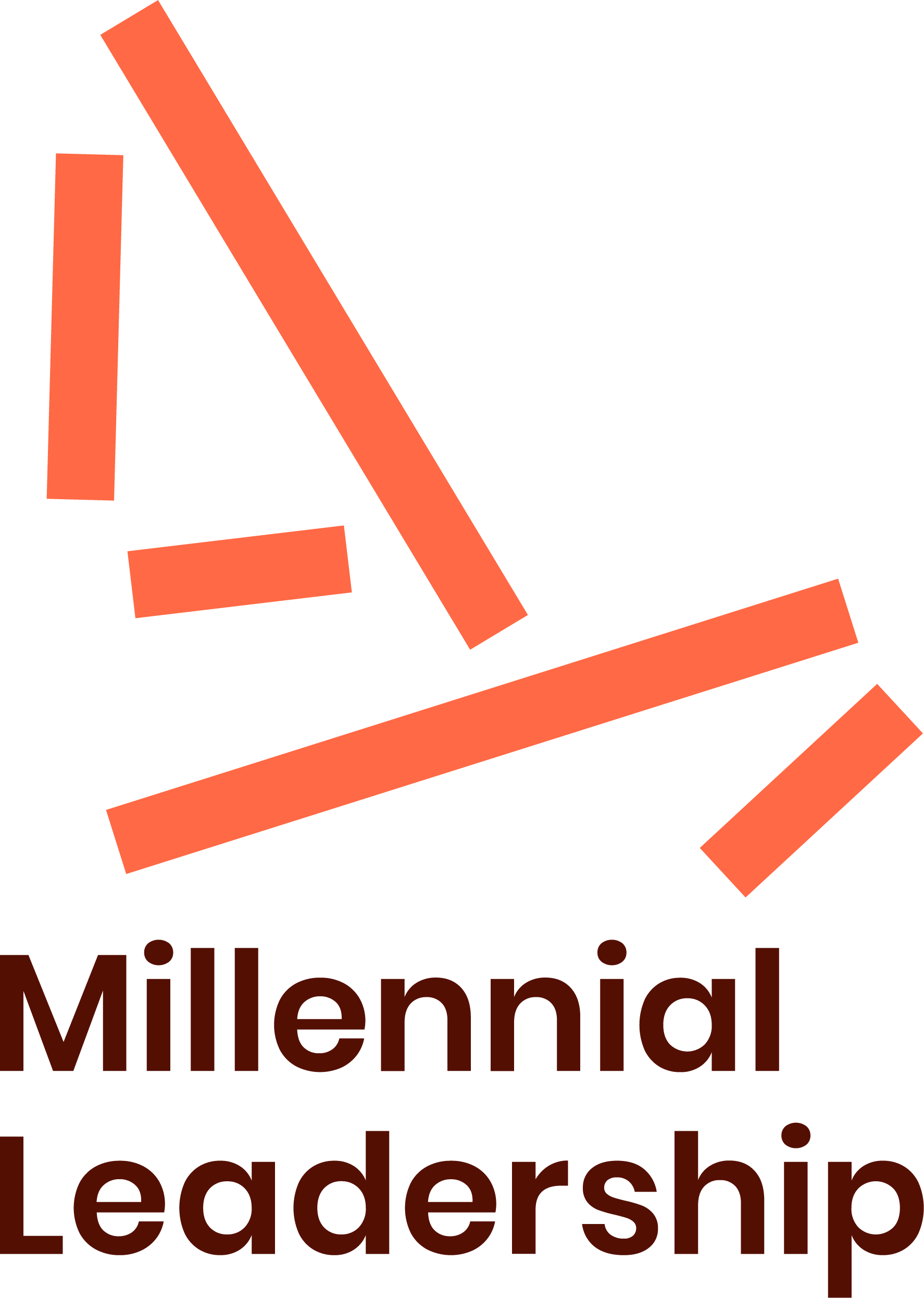Conflict:
An overwhelming
challenge?

The stats are worrying:
- 53% of millennial leaders feel only equipped to a medium or lesser level to deal with conflict.
- 69% have received no training in managing conflict at all.
In our research, one particular challenge millennials faced emerged as seemingly overwhelming: conflict. This surprised us, as there had been no reference of it in our literature review, yet it was the problem most commonly cited by millennial leaders, and was even described as ‘one of the weaknesses of the millennial generation’.
If millennials cannot get over their fear of conflict and manage it healthily, it’s likely they will be unable to fully reach their leadership potential and their influence will be significantly reduced. This high level of anxiety over conflicts could be because relationships are held in such a high regard that there is a great deal to lose if a conflict turns a relationship sour.
Despite the anxiety and lack of skills around conflict, millennials desire to do well in this area; to learn and grow. One told us: ‘I always admire leaders who can have those difficult conversations, (not necessarily with me, that would be horrible!) That’s one thing I would love to learn to do well.’
In our online survey, the most frequently occurring conflicts were over culture, ethos, values and work approach. However, the most difficult conflicts to deal with were with those older than millennials. A respondent explained: ‘You’re seen as young. Sometimes that can have an impact on how people communicate with you. I think that’s probably one of the most challenging things.’
Another millennial described an experience that was very hard to deal with because of his age: ‘I was with someone who was deliberately malicious and destructive. I brought someone with me and said: “Can you understand this is a real issue?” He pulled the trump card, “I’m 68 and you’re 22”. In those situations, what can you say?’
This lack of equipping millennials to deal with conflict is leading to generational clashes and decreasing the impact millennial leaders are having.
In fact, we recently spoke to an individual from Generation X who had experienced these generational clashes with a millennial herself. She told us: ‘In a very busy time for the team I was in, a newly recruited millennial-aged staff member came up to me to ask me to stop doing something that was in his remit, but for years I’d always helped out with when we were busy. He walked right up to me and said: “Can you stop doing…” (what I was doing). It felt so disrespectful, – of my role, my experience, my history with the team, and the fact I had always helped in this way. We spent the next couple of days awkwardly avoiding each other, until I realised we couldn’t do that forever. So I asked him to talk, and we sat down, and I said: “This is how you made me feel … What you needed to say instead really was …” We thrashed it out and worked brilliantly together after that.’
There is no doubt that unhealthy conflict management and generational clashes in this area block efficient and healthy workplaces.
So what can we do about it?
Clearly, we need to train millennials to deal with conflict in a healthy manner. This can be through developing specific training interventions and coaching for millennial leaders on how to deal with conflict and bring about resolution in a healthy way. We need to teach practical steps for millennials to identify conflict, address it directly and transform situations whilst maintaining a relational approach that is so intrinsic to millennials.
If you’re a millennial yourself, then make this a priority. Seek out training on conflict management. Practice concepts of forgiveness and healthy conflict. Understand, reflect and learn about rhythms that work for you.
This blog is based on the Millennial Leadership Research report. It can be accessed in full here: https://millennial-leader.com/research/
Forge Leadership run bespoke Conflict Transformation workshops – find out more here : Conflict Transformation
